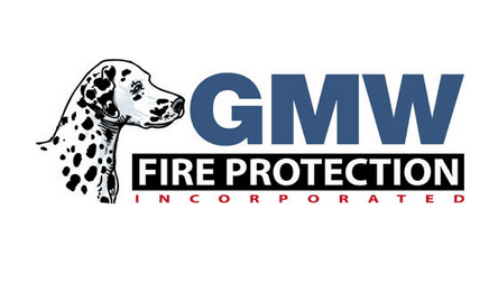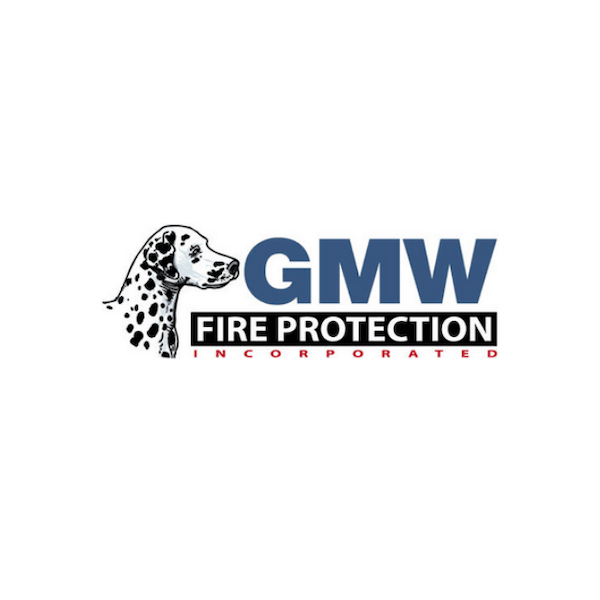
Disclaimer: This blog is for general awareness purposes only and does not provide legal advice. Always verify requirements with your local Authority Having Jurisdiction (AHJ) or a licensed fire protection professional in Alaska.
Why Fire Alarm Compliance Matters in Alaska
When it comes to protecting lives and property, fire alarm systems are not optional—they’re required. Across Alaska, compliance with fire alarm codes, smoke detection requirements, and NFPA 72 testing standards ensures businesses, homeowners, and property managers meet state regulations while keeping occupants safe.
Whether you’re in Anchorage, Fairbanks, Wasilla, Juneau, or remote North Slope camps, understanding Alaska fire alarm compliance standards is critical to avoid costly violations and maintain safety.
Alaska’s Fire Alarm Regulatory Framework
- Alaska adopts the 2021 International Fire Code (IFC), with state-specific modifications through 13 AAC 50.025.
- The Alaska Fire and Life Safety Regulations outline requirements for fire alarm systems, fire suppression systems, and life safety equipment.
- These standards incorporate NFPA 72 (National Fire Alarm and Signaling Code) and IBC (International Building Code) sections specific to alarm installation and maintenance.
Smoke & Carbon Monoxide Detector Requirements
- Alaska law (AS 18.70.095) requires smoke detectors in all dwelling units.
- Carbon monoxide detectors are also required in homes or buildings with fuel-burning appliances, attached garages, or nearby parking structures.
- Detectors must comply with NFPA 72-2019 and be installed per IBC 907.2.11.
- Homes built before 1989 may still use battery-operated smoke alarms, while newer builds must use hardwired or interconnected systems.
Fire Alarm System Standards
- Systems mandated by AS 18.70.082 must meet or exceed IFC Section 907.
- For residential occupancies like hotels or multi-family housing (Group R-1), alarms must activate occupant notification per IFC 907.2.8.1.
- Commercial buildings must also follow code-specific fire alarm and annunciator panel requirements, ensuring signals are both audible and visible.
Annual Testing & Certification
- Alaska requires annual fire alarm testing and certification under 13 AAC 50.025 and 13 AAC 50.035.
- Testing must follow NFPA 72—either the edition currently adopted or the edition in effect when the system was installed or last modified.
- Test results must be documented and submitted to the local AHJ (e.g., City of Sitka, Anchorage Fire Department).
Licensing & Qualified Personnel
- Only licensed fire protection contractors or individuals holding valid fire systems permits may perform inspections, testing, or certifications.
- These credentials ensure compliance, accuracy, and accountability for safety-critical systems.
Key Takeaways
- Smoke & CO detectors are required in nearly all Alaska occupancies.
- IFC and NFPA 72 codes drive compliance standards across residential and commercial buildings.
- Annual testing is mandatory—keep your records current with your local AHJ.
- Only licensed professionals can perform inspections and certifications in Alaska.
Stay Compliant & Protect What Matters
At GMW Fire Protection, we help Alaskan businesses and property owners stay compliant with fire alarm system design, installation, testing, and certification.
Need help with your next inspection or code compliance review? Contact us today to schedule a consultation.

